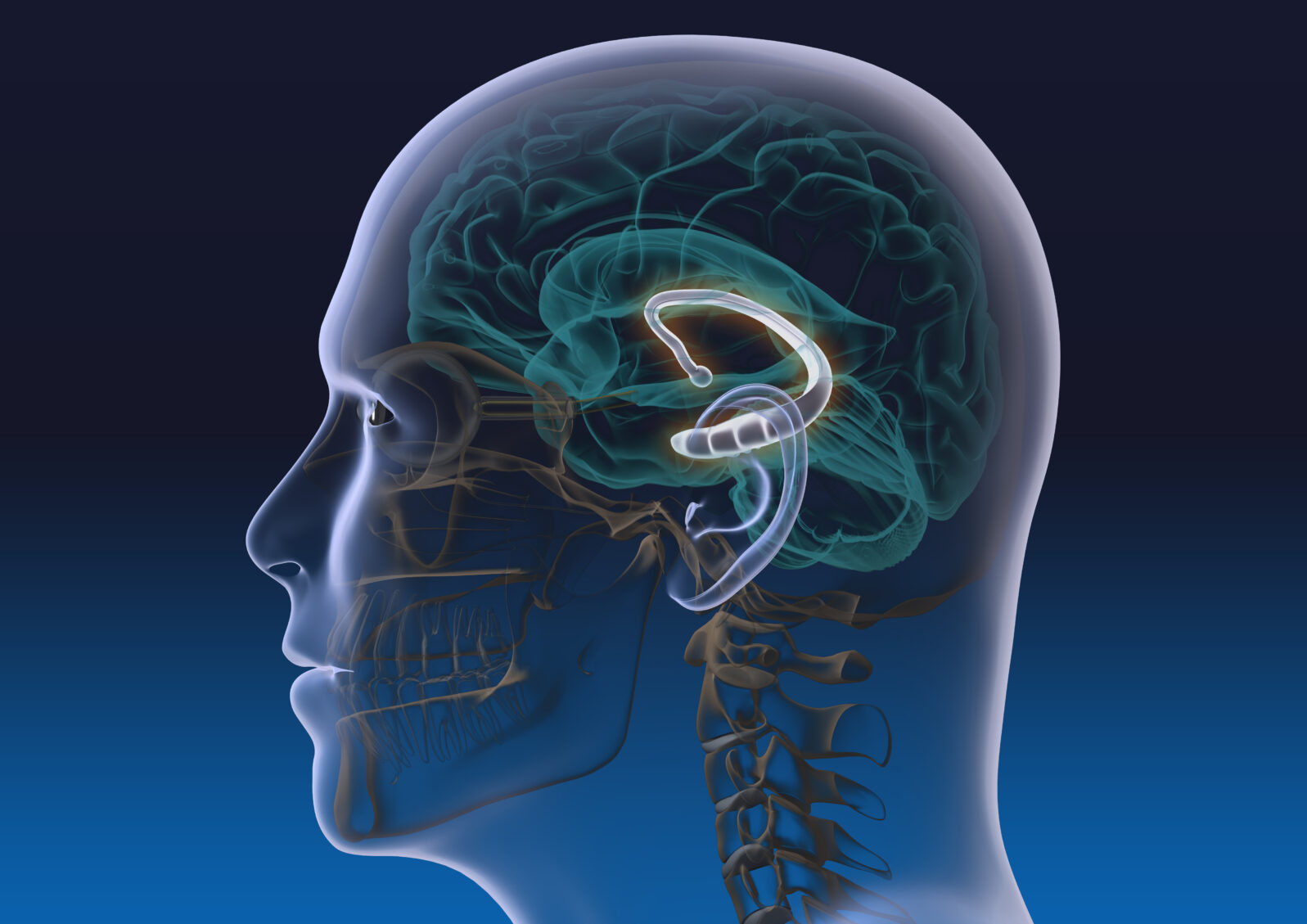New Studies Point to Ways We Might Reduce the Effects of Dementia
A recent study of the relationship between personality type and the impairments of dementia has produced some intriguing findings. Researchers at the University of California, Davis, and Northwestern University analyzed data from eight studies in the literature comprising over 44,000 people. Of these, 1,703 developed dementia.
They were trying to find out what effect the Big Five personality traits — conscientiousness, extraversion, openness to experience, neuroticism, and agreeableness — had on the progress of dementia. They studied both performance on cognitive tests and brain autopsies:

The researchers found that high scores on negative traits (neuroticism, negative affect) and low scores on positive traits (conscientiousness, extraversion, positive affect) were associated with a higher risk of a dementia diagnosis. High scores on openness to experience, agreeableness, and life satisfaction had a protective effect in a smaller subset of studies.
University of California – Davis, “These 3 Personality Traits Are Linked to a Lower Risk of Dementia,” SciTech Daily, January 17, 2024
They accounted for their results partly in terms of self-care: Conscientious people, for example, were likely to eat a healthier diet and otherwise care for themselves, relative to people were obsessed with things that don’t really matter much (neuroticism).
Self-care improved performance but did not check the disease
But a surprise came with the autopsies:
… no link was found between these personality traits and actual neuropathology in the brains of people after death.
“This was the most surprising finding to us,” [ED] Beck said. “If personality is predictive of performance on cognitive tests but not pathology, what might be happening?”
One explanation is that some personality traits could make people more resilient to the damage caused by diseases such as Alzheimer’s. People with higher levels of some traits may find ways, whether they are aware of it or not, to cope with and work around impairments. Other work by members of the study team has shown that some people with quite extensive pathology can show little impairment on cognitive tests.
University of California – Davis, “Lower Risk of Dementia”
In short, a positive outlook and good coping skills can lessen dementia’s apparent effect. Now, the study authors are careful to make clear that they are not claiming that there is any easy fix:
Finally, our findings provide some evidence that openness to experience, positive affect, and satisfaction with life may be protective against incident dementia diagnosis, though effects were only significant in 42%, 50%, and 50% of studies, respectively. With regard to openness, our findings are consistent with previous research as well as our hypotheses, which reveal mixed associations between openness and aspects of cognition and dementia.
Beck ED, Yoneda T, James BD, Bennett DA, Hassenstab J, Katz MJ, Lipton RB, Morris J, Mroczek DK, Graham EK. Personality predictors of dementia diagnosis and neuropathological burden: An individual participant data meta-analysis. Alzheimers Dement. 2023 Nov 29. doi: 10.1002/alz.13523. Epub ahead of print. PMID: 38018701.The paper is open access.
Rather, their findings seem to show that some patients are leveraging good coping skills against the disease. Due to greater longevity, 7 million people aged 65 or over had dementia in 2020 in the United States alone. Proactively reducing the worst effects would certainly improve their quality of life.
Hearing loss, tooth loss, and dementia
A recent Japanese study also found that tooth loss and gum disease were associated with shrinking of the brain’s hippocampus, which plays a role in memory, the loss of which is common in dementia:

After adjusting for age, researchers found that for people with mild gum disease, the increase in the rate of brain shrinkage due to one less tooth was equivalent to nearly one year of brain aging. Conversely, for people with severe gum disease the increase in brain shrinkage due to one more tooth was equivalent to 1.3 years of brain aging.
American Academy of Neurology. “Taking good care of your teeth may be good for your brain.” ScienceDaily. ScienceDaily, 5 July 2023. The paper is open access.
The authors stress that they are not saying that gum disease or tooth loss cause dementia; their work only shows an association. Given that the lowest parts of the brain lie near to the roots of the teeth in the upper jaw, their finding, which has been replicated elsewhere, may not be surprising.
Another recent study involving 2,347,610 persons enrolled in the South Korean government’s health insurance program identified hearing loss as associated with increased risk of a dementia diagnosis:
Among the general study population, 127,081 (5.9%) individuals received diagnoses of dementia, while 16,116 of those with hearing loss (11.4%) developed dementia, as did 7,705 of those with vestibular loss [loss of sense of balance] (12.7%).
These results, which indicate that vestibular loss might raise dementia risk, are consistent with those of at least five other studies between 2013 and 2022. Results from one of those studies point to a link between loss of different cognitive areas and saccular vestibular and bilateral semicircular canal loss. Another study reports significantly diminished hippocampal volume (important for memory processing) among patients with persistent bilateral vestibular loss. Stephanie Baum, “New large-scale study results add to evidence that vestibular loss increases dementia risk,” Medical Xpress, October 23, 2023 The paper is open access.
Lim, S.J., Son, S., Chung, Y. et al. Relationship between vestibular loss and the risk of dementia using the 2002–2019 national insurance service survey in South Korea. Sci Rep 13, 16746 (2023). https://doi.org/10.1038/s41598-023-42598-w
Potential causes of dementia symptoms were thought to include brain atrophy and neurodegeneration, perhaps from reduced input from the ears.
What’s becoming clear is that, while dementia itself may not be preventable, its severity may be mitigated by a variety of methods.
